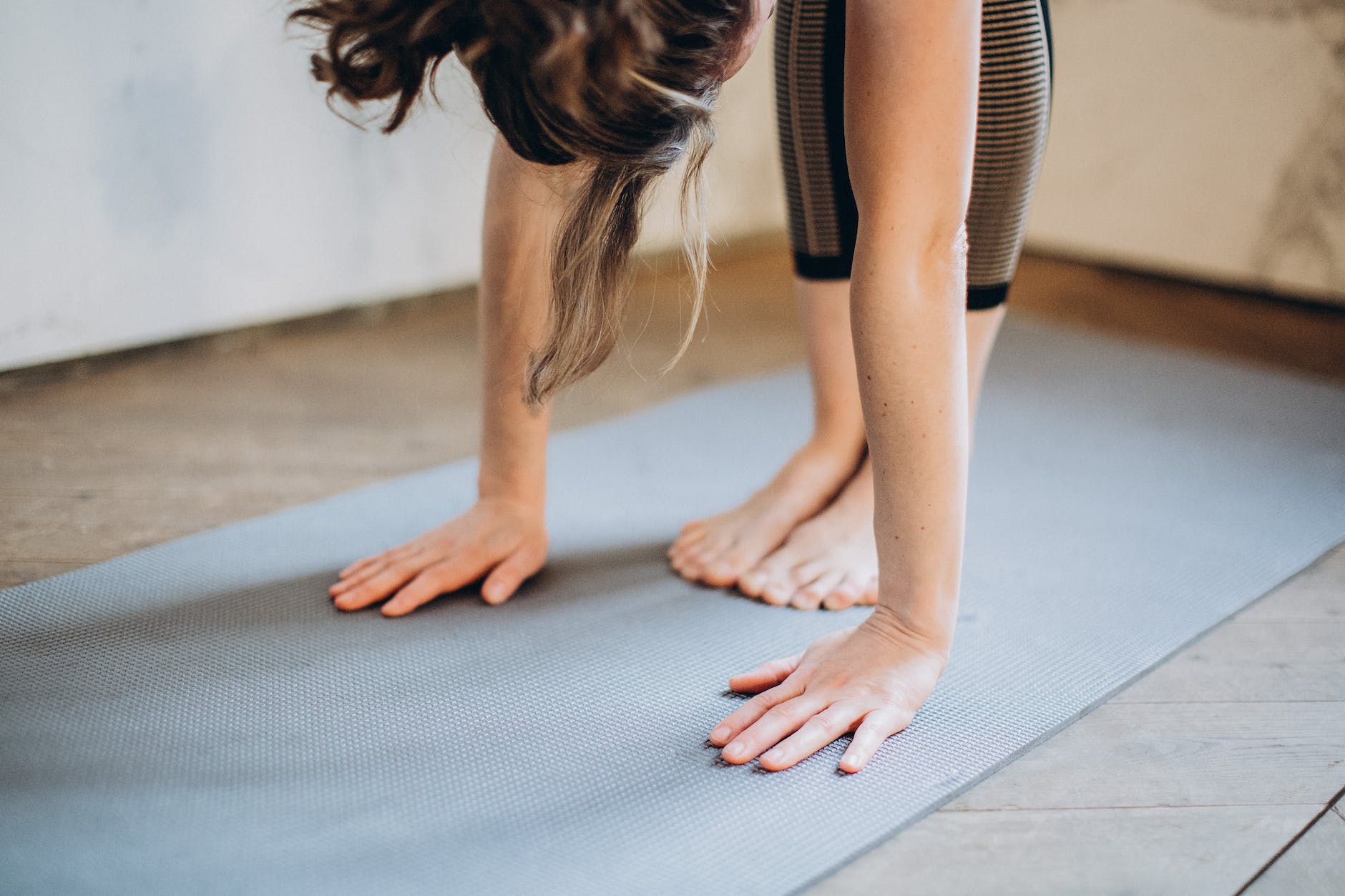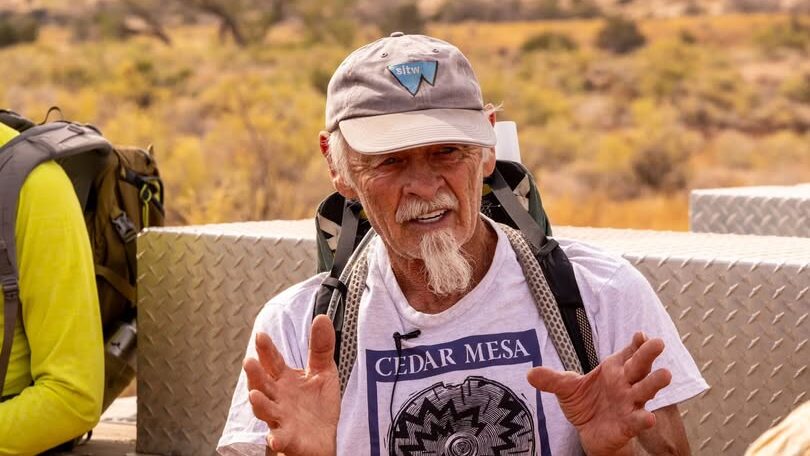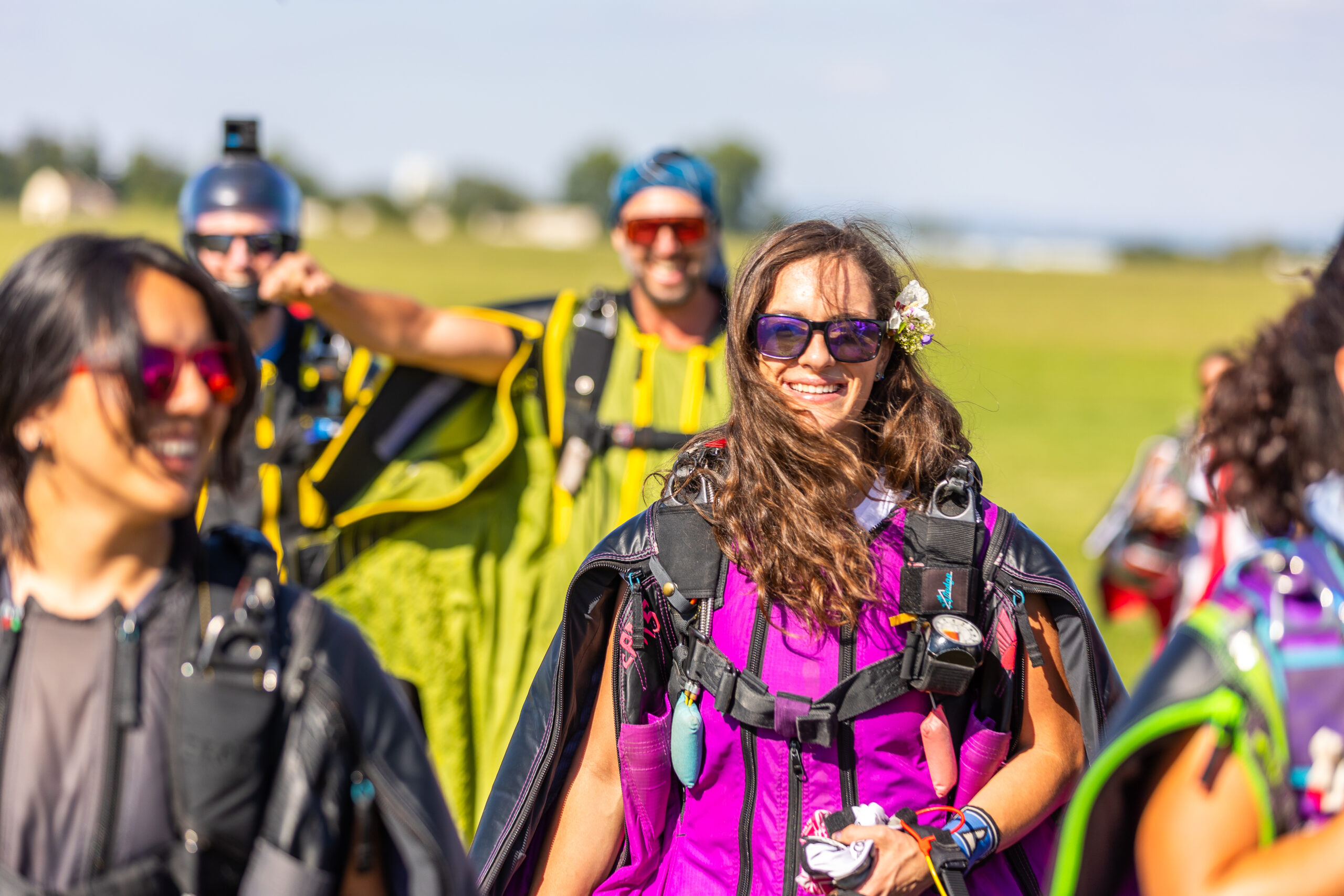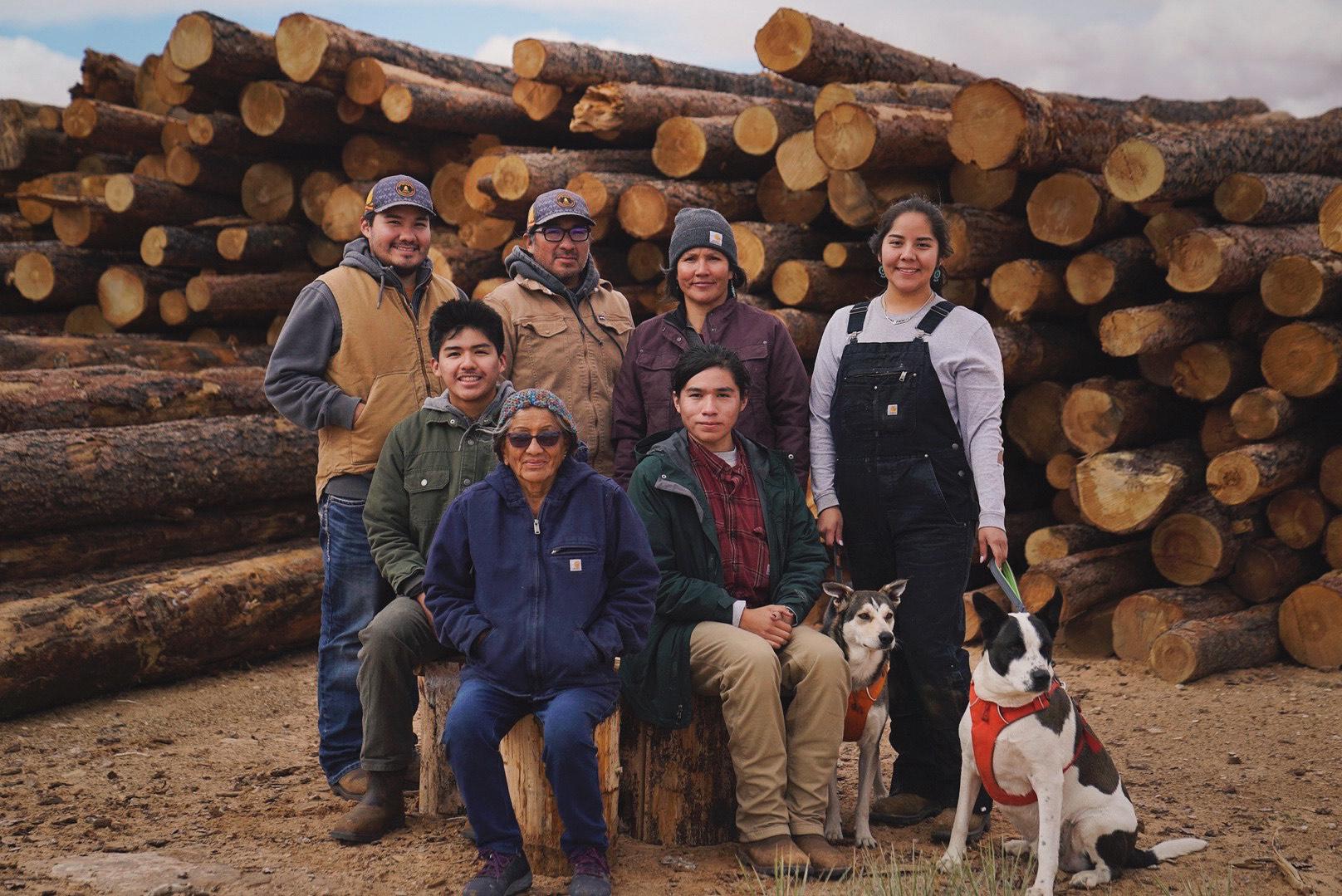Some information may be outdated.
Five days a week, Grand County High School students attend a class much different from their normal lineup: a yoga and mindfulness class, funded by the local nonprofit Mindfulness in Education.
“It’s really important to offer students a chance to slow down and turn inwards: to take intentional time to relax,” said Sam Metzner, who teaches the class. “I think for a lot of people, students included, it’s hard to find that time.”
The nonprofit was started a few years ago by Sarah Heffron, who also founded the Youth Garden Project. Multiple studies have shown the benefit of yoga and mindfulness in both adults and children: according to Harvard Medical School, for school-age children, yoga and mindfulness improve “balance, strength, endurance, and aerobic capacity,” and the practices can also improve “focus, memory, self-esteem, academic performance, and classroom behavior.”
Now, the Mindfulness in Education nonprofit is trying to extend its reach.
“We’ve been in this state where we’re just trying to sustain ourselves,” said Angela Houghton, who is on the Mindfulness in Education board. When Heffron left the nonprofit shortly before spring 2020, she asked Houghton to take over. As Houghton was starting to recruit more people for board positions and as teachers, the COVID-19 pandemic threw the world into lockdown, putting the nonprofit’s growth on hold.
But when the 2022 school year started, the nonprofit began to “bounce back,” Houghton said. There are currently three yoga and mindfulness teachers within the school district: Metzner, who teaches at the high school, and two teachers in the elementary school who teach the first, second, fourth, and fifth grades a few times per week.
During the daily high school class, Metzner leads students through a few minutes of meditation and a journal prompt or discussion on themes such as self-compassion or emotional patterns. Then the class transitions into doing physical yoga—Metzner has been a certified yoga teacher for a few years.
“It’s really fun to be able to make the class into what the students want to do,” Metzner said. “We play with the energy level of the class depending on what students need that week.”
(She asks students for their thoughts on the class when the trimester ends; explore some of those below).
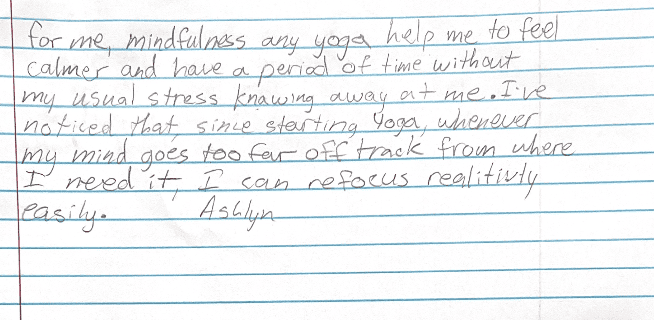



The elementary school students have much shorter classes: they’re taught yoga and mindfulness three times a week for twenty minutes, with class time set aside to read a story and do a short meditation.
“We would love to figure out how to expand,” said Anne Erickson, who is also on the Mindfulness in Education board. The main priority now is figuring out how to get the community to know the nonprofit exists: the board members are working on creating a website and mailing list. Any donations made to the nonprofit go directly toward paying the yoga and mindfulness teachers, who are paid only by Mindfulness in Education, not by the school district.
But that’s also a good thing: by keeping the yoga and mindfulness classes funded through a nonprofit, Houghton said, it’s impossible that the classes would be canceled due to school budget or teaching shortfalls.
The students overwhelmingly love the classes, Erickson said. The nonprofit has students fill out short surveys about the class, and kids have reported feeling calmer in general and using their mindfulness lessons to ease test anxiety.
“It’s fun to hear from the students of all age levels about their experience, but also from the parents and teachers about what they’re seeing in their students,” Houghton said. “I feel very passionate about offering these skills—it’s a tool we can offer to our youth about how to navigate challenges.”
“I think a lot of times, what we learn on the mat in yoga can be applied to everyday life,” Metzner said.
The nonprofit is collecting donations through the platform Give Butter at www.givebutter.com/mindfulness-in-education, or through WabiSabi as one of the store’s community partners.
Appreciate the coverage? Help keep local news alive.
Chip in to support the Moab Sun News.


